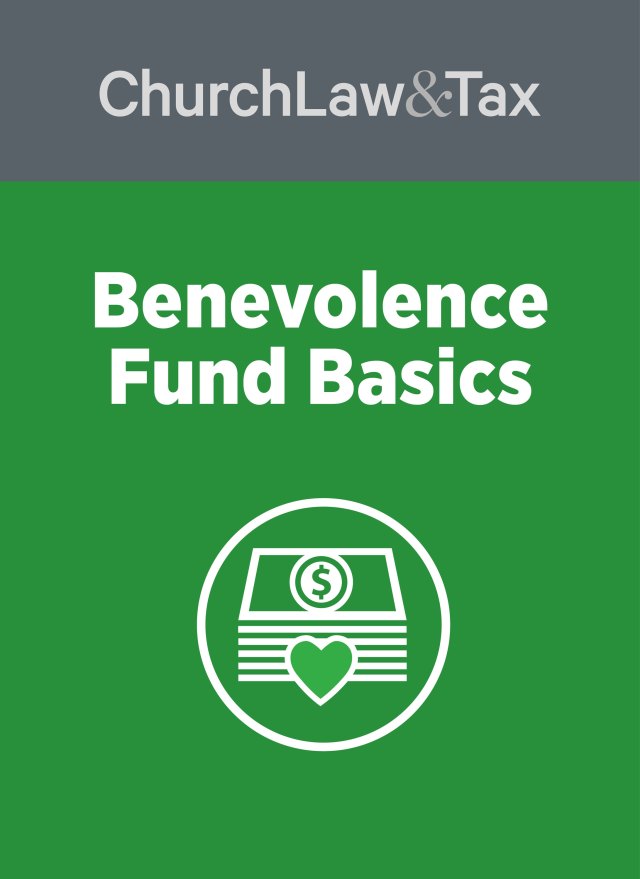It’s a common scenario at local churches across the country: A member faces a significant medical condition, racking up major debt in the process. Others at the church learn of this challenge and wish to help. Can they donate to the church, designate their gifts for that member, and still receive tax deductions for the contributions?
IRS Guidelines for Designated Gifts
The Internal Revenue Service (IRS) has addressed this issue in several rulings. According to Revenue Ruling 62-113:
- If contributions are earmarked by the donor for a specific individual, they are treated as gifts to that individual and are not tax-deductible.
- A deduction is allowable if the gift is intended for the use of the organization and not for an individual.
The key test is whether the organization has full control and discretion over the donated funds to ensure they are used for its functions and purposes.
Ensuring Tax Deductibility
To meet IRS requirements, contributions to a church’s benevolence fund can be deductible, even if a donor mentions a beneficiary, if the following conditions are met:
- The donor’s recommendation is advisory only.
- The church retains full control over the donated funds and their use.
- The donor understands that their recommendation is non-binding and that the church can accept or reject it at its discretion.
By adhering to these principles, churches can ensure that such contributions align with IRS regulations.
Practical Application for Churches
Here are some steps churches can take to ensure compliance:
- Create a formal benevolence fund with written policies outlining the purpose, criteria, and distribution process for funds.
- Ensure donors understand that their recommendations are non-binding and that the church retains full discretion over the use of funds.
- Keep detailed records of contributions and distributions, including documentation of the need being met.
Conclusion
While designated gifts for individuals present unique challenges, they can be tax-deductible when handled appropriately. By following IRS guidelines, churches can provide support to members in need while ensuring compliance.
For more details on these types of contributions, check out chapter 8 of Richard Hammar’s Church & Clergy Tax Guide.
FAQs About Designated Gifts
- Can donors specify an individual and still claim a deduction? No, unless the church retains full control and discretion over the use of the funds.
- What documentation is required for benevolence distributions? Churches should document the need and the distribution process thoroughly.
- Are all contributions to benevolence funds tax deductible? Only those where the church maintains discretion and control meet the requirements.
- What if a donor insists on a specific recipient? Contributions in this case are generally not tax deductible as they serve the individual, not the organization.





